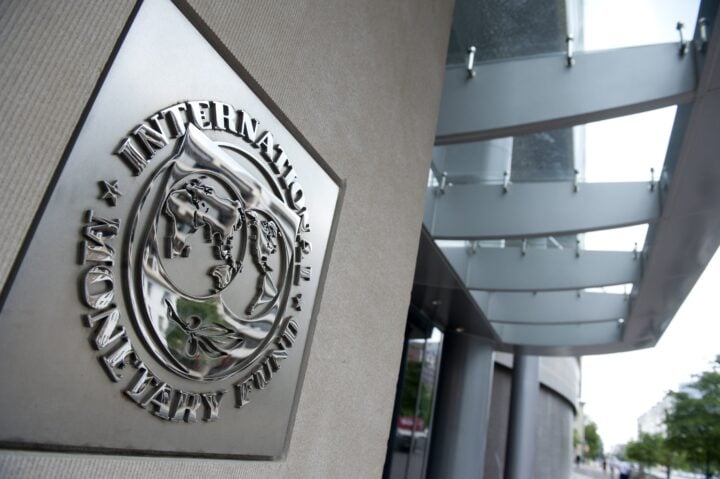Rising inflationary pressures could not have come at the worst possible time for Nigeria. The country is currently grappling with lower oil prices and fears over the coronavirus’s impact on the global economy.
Consumer prices in Africa’s largest economy jumped 12.1% in January as food shortages caused by the border closures continued to boost the prices of staples.
With inflation rising for the fifth straight month and hitting its highest level since April 2018, the naira could be one of the first casualties but it does not end here.
The growing threat of inflation building momentum amid the ongoing border closer may force the Central Bank of Nigeria (CBN) to deploy unconventional monetary policy tools to support the Nigerian economy.
Advertisement
Given how the International Monetary Fund (IMF) has revised its 2020 growth forecast for Nigeria to 2%, from the 2.5% predicted earlier the CBN may need to act fast. While rate cut could stimulate consumption, it may end up quickening inflation which is detrimental for the Nigerian economy.
On the other hand, an interest rate hike could contain inflation but this will be at the expense of consumer spending and business investment.
In January, the CBN left interest rates unchanged at 13.5%, however, the cash reserve ratio was raised to 27.5% from 22.5% for the first time in four years in an effort to boost liquidity in the banking system. Will the CBN adopt a similar strategy when they meet in March? This is a question on the mind of many investors.
Advertisement
Market mood sours after Apple’s profit warning
Global stocks were under pressure on Tuesday after Apple warned investors it may not meet revenue targets for this quarter due to the coronavirus outbreak hitting production and demand in China.
This stark warning has quelled investor optimism over monetary policy easing from China and other major central banks, shielding the global economy from the detrimental impact of the virus outbreak.
More pain in store for the euro?
Advertisement
The euro wallowed near 3-year lows on Tuesday as concerns over weakening growth in the region and fears around the coronavirus impact on the Eurozone economy haunted investor attraction towards the currency.
Appetite for the euro could deteriorate further if a German business sentiment indicator paints a gloomy picture of the eurozone’s biggest economy.
The ZEW indicator of economic sentiment released today will be one of the first indicators showing the potential hit to the European economy from the virus and is projected to slip to 22.0 in February from 25.6 seen in January.
A report that prints below market expectations may weaken the euro, which has already shed over 2.3% against the dollar this month.
Advertisement
Focusing on the technical picture, EURUSD is heavily bearish on the daily charts with prices trading around 1.0835 as of writing.
Sustained weakness below 1.0879 should encourage a further decline towards the 1.0800 support level. A breakdown below this point could open doors to levels not seen since mid-April 2017 at 1.0730.
Advertisement
Time for Gold to shine towards $1600?
Gold entered Tuesday’s trading session with a slight spring in its step after Apple’s sales warning rekindled fears around the coronavirus outbreak and the negative impacts it may have on the global economy.
Advertisement
The precious metal has gained over 4.5% year-to-date and could push higher this quarter amid renewed global growth concerns and speculation around looser monetary policy. Focusing on the technical picture, gold has the potential for further upside this week if $1579 proves to be reliable support.
An intraday breakout above $1589 may trigger a move towards $1600. Alternatively, a breakdown below $1579 could encourage a move back towards $1555.
Advertisement
Add a comment







